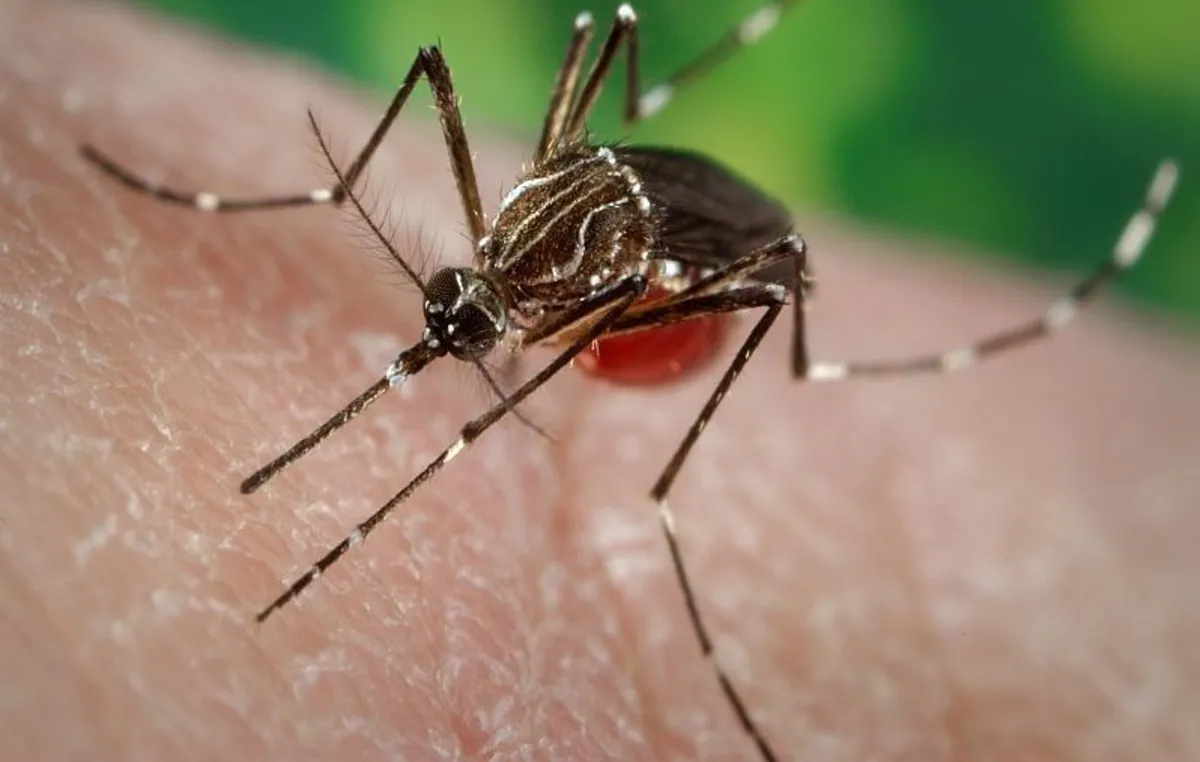
On May 12, 2023, U.S. health officials announced a temporary halt on the use of the Ixchiq vaccine, following concerns regarding its safety. This decision was made by the FDA and the CDC as they investigate serious adverse events reported in individuals who received the vaccine. The Ixchiq vaccine, also known as the live Chikungunya Vaccine, was recently approved for the prevention of chikungunya virus disease in patients aged 18 and older.
In November 2023, the FDA granted approval for Ixchiq, aiming to combat the chikungunya virus, which is transmitted by mosquitoes. The vaccine was intended for adults who are at increased risk of exposure. However, recent reports of serious adverse events, including neurologic and cardiac issues, have led to this cautionary measure. As of the latest updates, over 80,000 doses of Ixchiq have been administered globally, prompting regulatory scrutiny.
As part of the safety communication, the FDA revealed that 17 serious adverse events were reported worldwide among individuals aged 62 and older who received the Ixchiq vaccine, with two of these cases resulting in death. Six of these reports originated from the United States, although officials have not confirmed if any deaths occurred within the country. It is important to note that reported adverse events may not necessarily be linked to vaccination.
The chikungunya virus, primarily transmitted by mosquitoes, can lead to symptoms that last from one week to several months. Common symptoms include high fever, rashes, headaches, and severe joint pain. While most patients experience recovery within days, some may suffer from prolonged joint pain that requires pain-relieving and anti-inflammatory medications. Although chikungunya can severely impact daily life, it rarely results in death.
Since the beginning of 2023, the European Centre for Disease Prevention and Control has reported approximately 80,000 chikungunya cases and 46 related deaths across 14 countries or territories. Notably, research indicates that mosquitoes can simultaneously infect individuals with both the Zika and chikungunya viruses, raising public health concerns. Chikungunya was first detected in the Americas in late 2013 and has continued to spread to various regions, including the Caribbean, Africa, and Asia, although no cases have been reported in mainland Europe.
The advisory regarding Ixchiq comes at a time when U.S. Health and Human Services Secretary Robert F. Kennedy Jr. is leading efforts to scrutinize vaccine efficacy and safety. This ongoing investigation reflects the government's commitment to ensuring public health and safety regarding vaccination programs. As health officials continue to monitor and assess the situation, they emphasize the importance of informed decision-making for individuals considering the Ixchiq vaccine.
For more information on chikungunya and the Ixchiq vaccine, individuals are encouraged to consult healthcare professionals and stay updated through official health channels.